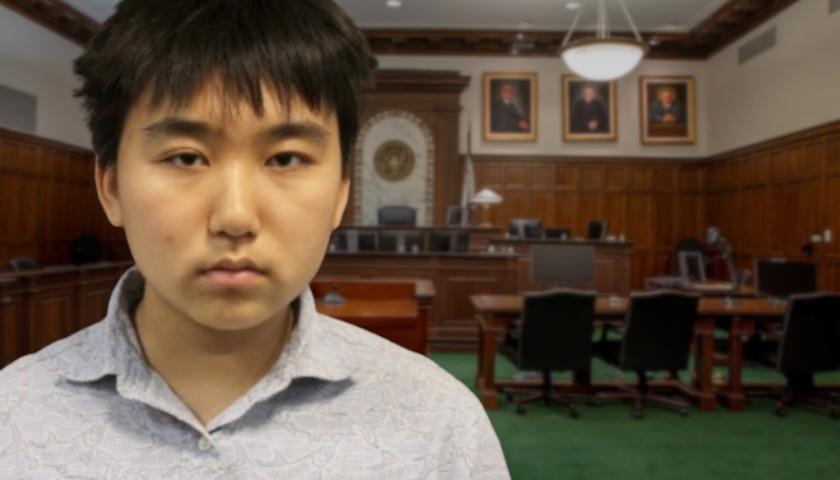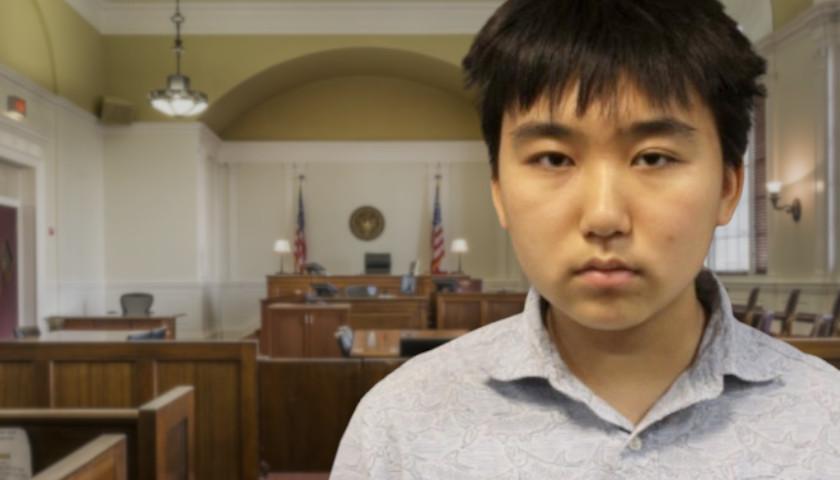by Christian Wade
New York is being cautioned against raising taxes on its top earners as lawmakers consider plans to drum up more money from the state’s wealthiest.
A group of progressive Democratic state lawmakers have proposed a raft of tax reforms targeting New York’s ultra-rich that includes adding new tax brackets for the highest earners, increasing corporate taxes for the top companies, and setting wealth taxes on capital gains and inheritances.
Backers of the Invest in New York proposal say the package of reforms would drum up another $40 million to $50 million for the state’s education, housing and transportation needs.
The Invest in Our New York Campaign says the Empire State has one of the largest concentrations of ultra-rich households in the nation, with individuals earning $30 million, or over collectively holding $7 trillion in wealth. But the group argues the rich aren’t paying their “fair share” of taxes.
“Millionaires, billionaires and wealthy corporations have benefited from a rig system that prioritizes their profits over the well-being of working New Yorkers,” the group said in a statement posted with its online petition, calling on lawmakers to support the legislation. “It’s time they pay taxes just like the rest of us.”
New York is among seven states where lawmakers are considering wealth taxes – including California, Connecticut, Hawaii, Illinois, Maryland, and Washington – which collectively hold an estimated 60 percent of the nation’s wealth.
But a new report by the Tax Foundation is cautioning states against taxing the rich to drum up money, saying it would undercut investment and drive entrepreneurs and innovators away.
“Wealth taxes are economically destructive, their base is almost impossible to measure accurately, and they create perverse incentives and promote costly avoidance strategies,” Jared Walczak, the foundation’s vice president of state projects, wrote in the report. “Very few taxpayers would remit wealth taxes — but many more would pay the price.”
He said because wealth taxes are usually based on net worth – not on income – they “cut deeply into investment returns, to the detriment of the broader economy.”
“Average taxpayers may not care if the ultra-wealthy have lower net worths,” he said. “But they will certainly care if innovation slows and investments decline.”
In 2021, then-Gov. Andrew Cuomo raised the state’s tax rates on some of the wealthiest New Yorkers. Residents earning between $5 million and $25 million are now taxed at 10.3 percent, and those making over $25 million are taxed at 10.9 percent. New York City residents with income over those thresholds pay between 13.5 percent and 14.8 percent, including the city’s 3.88 percent top income-tax rate.
Critics say the higher rates have been driving wealthy New Yorkers out of the state. An analysis released last year by New York City’s Independent Budget Office found the number of taxpayers who earned between $1 million and $5 million declined 11 percent in 2020 from the prior year, as the top earners flee for other states.
Last year, President Joe Biden pitched a 20 percent “wealth tax” at the federal level as part of his budget plan, which would include total income and profits from assets such as stocks.
But Biden’s plan faces an uphill climb with Republicans, who now control the House of Representatives, showing no interest in approving new taxes on the nation’s wealthiest.
– – –
Christian Wade is a contributor to The Center Square
Photo “Person with Money Calculating Taxes” by Tima Miroshnichenko.








